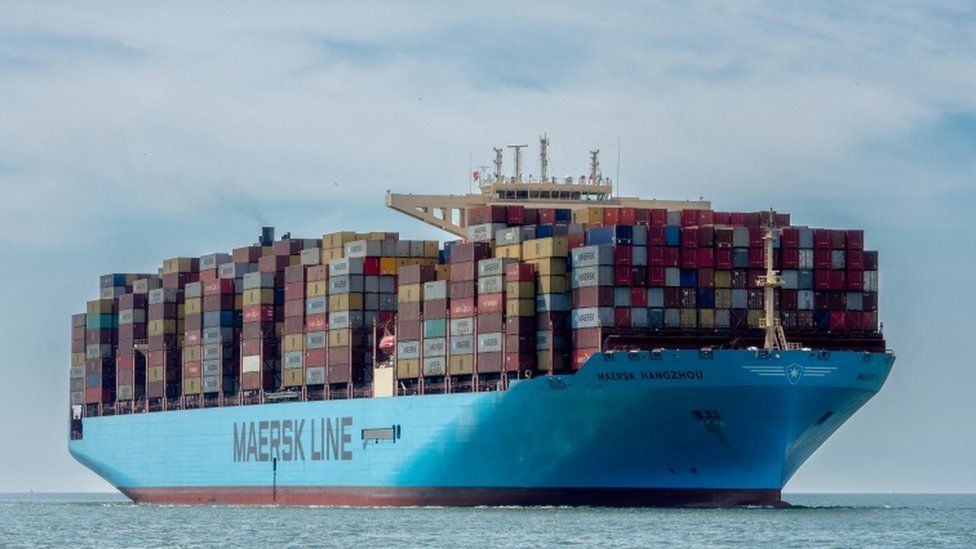-

-
-
Loading

Loading

The UK government is concerned about the ongoing attacks on shipping in the Red Sea, as it could have a negative impact on the country's economy. The Treasury has conducted modeling exercises that show potential scenarios, including a rise of over $10 per barrel in crude oil prices and a 25% increase in natural gas prices. In response to the attacks, the UK launched airstrikes against the Houthi rebels on Thursday. There are fears that if the disruption to cargo traffic spreads to tanker traffic, it could lead to another energy shock. As a result of these concerns, the price of Brent crude, the international benchmark for oil prices, increased by 2%, while US West Texas crude rose by 2.1%. Maersk, a leading shipping company, has already experienced significant disruption to global trade, affecting the end consumer. The CEO of Maersk, Vincent Clerc, had called for stronger mobilization to repel the attacks, as they would result in higher prices for customers. Currently, about a quarter of the world's shipping containers are being diverted from the Red Sea, and approximately 15% of global seaborne trade passes through the region, including grain, oil, and liquified natural gas. Due to the disruptions, shipping traffic is being redirected through the longer route around Africa's Cape of Good Hope. The Red Sea attacks have also impacted other industries. Tesla announced that it would suspend most of its production at a factory in Berlin due to a shortage of components caused by the attacks. Tesco and other companies, including Ikea and Danone, have also expressed concerns about delays in receiving goods. Opening up the Red Sea again will require a better understanding of the evolving threat, according to Mr. Clerc. The Houthi rebels, backed by Iran, who claim responsibility for the attacks, stated that they are acting in solidarity with the suffering in Gaza. The US military reported at least 27 attacks on commercial shipping since mid-November. As a result, major shipping lines such as Maersk have been avoiding the Red Sea route to prioritize the safety of their crews. This has led to increased shipping prices and longer journey times. While the industry has spare capacity due to falling consumer demand, the additional costs are ultimately passed on to consumers, leading to higher prices for fuel, medicine, and food. US Secretary of State Antony Blinken highlighted the impact of these additional costs on people's daily lives. Shipping lines such as MSC, Maersk, CMA-CGM, and Hapag-Lloyd have already increased their rates in response to these challenges. The duration and severity of the crisis will heavily influence the magnitude of its impact on the economy and infrastructure. Restoring safety and normalcy in the region is of utmost importance for the UK and the global trade industry.